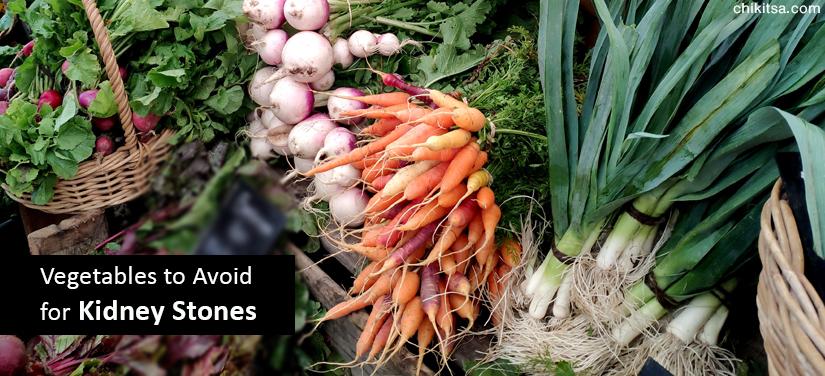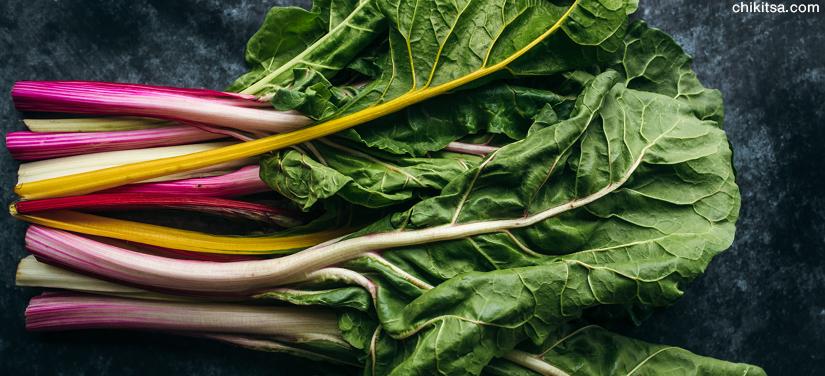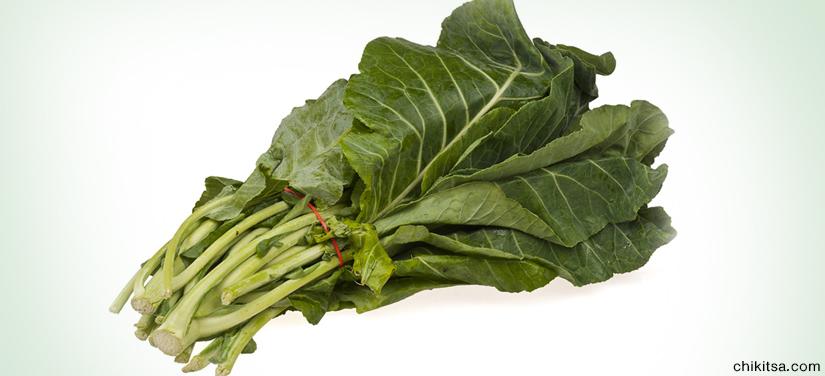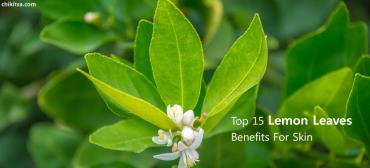8 Vegetables To Avoid If You Have Kidney Stones

Research suggests that 1 in 10 people will develop kidney stones over the course of their lifetime. If you have kidney stones or have had a similar condition in the past, you should be careful about the type of diet you follow. Basically, if you are diagnosed with a kidney stone condition, your healthcare professional will recommend medications as well as specific diet changes. For instance, although some foods are useful as far as the overall health of your body is concerned, some food may have adverse effects if you have certain illness. In this article, we will discuss 8 vegetables to avoid kidney stones.
What Are Kidney Stones?
A kidney stone is a large crystal-like mass that forms in the kidneys. These stones can stick inside the kidneys and block the flow of urine and might cause pain. In other cases, the stones may break and travel through the urinary tract causing great pain.
Kidney stones can be caused by several factors, but in most cases, they are caused by calcium oxalate. Usually, excessive intake of calcium oxalate in the body to prevent proper excretion of urine. If this happens, urine starts to crystallize, forming kidney stones. According to research, the recommended amount of oxalate in the body should be between 40 to 50 grams per day.
Vegetables To Avoid If You Have Kidney Stones
While there are various foods that can encourage the development of kidney stones, here are vegetables you should avoid or take with caution if you have a kidney stone condition.
1. Spinach

Spinach is one of the most nutritious and readily available vegetables. While it has numerous advantages to the body, spinach may not be favorable for your body if you have a kidney problem. Research suggests that 100 grams of spinach serve about 1gm of oxalic acid. So, if you have a kidney problem or you are at a higher risk, avoid eating spinach because they can worsen the condition. If you must, then eat in low quantities.
2. Rhubarb

Rhubarb leaves are considered as highly nutritious vegetables. In fact, in ancient times, rhubarb was used alone or with other ingredients to make Chinese traditional medicine. While rhubarb leaves are suitable for consumption, they contain high amounts of oxalic acid, which is a common ingredient used in anti-rust and bleach products. The high oxalic acid is extremely harmful to the health of your kidneys. While they are not dangerous when taken in moderation, it's safe if you would just avoid it entirely. It can easily cause or worsen a kidney condition.
Besides worsening kidney stones, excessive consumption of rhubarb is associated with convulsions, vomiting, nausea, throat and mouth sensation, and could even cause kidney failure or death. According to research, consumption of about 10 pounds of rhubarb is enough to cause oxalic acid poisoning for a 130-pound woman.
3. Beets

Beet is an eye-pleasing and sweet vegetable to consume. While eating beets is an excellent home remedy for individuals with blood pressure complications, they are not food for consumption if you have a kidney stone condition. Otherwise, if you don't have kidney stones, then you are good to eat them. But also, you should do it in moderation.
Research suggests that beets are rich in oxalate, which increases the risk of developing or worsening a kidney stone problem. For this reason, you may find that doctors warn their patients against eating beets, beets greens, or even beet powder. If you can't avoid beets entirely, then reduce its consumption. If you are susceptible to oxalate-containing kidney stones, however, then beets, beet greens, and beetroot powder could pose a problem.
4. Leeks

Another eye-pleasing and nutritious vegetables on our list are leeks. Their mild flavor makes it a great ingredient to any cook’s repertoire. But if you have a kidney stone condition or are susceptible to high-oxalates amounts in the body, then leeks might not be a good vegetable for you. While they are harmless in small quantities, they can accumulate in the body gradually, causing some health problems, especially kidney stones. So if you have a kidney problem, then limit your leeks intake.
5. Okra

Okra vegetables contain high amounts of essential nutrients that our bodies need. However, this vegetable is very high in oxalates and its highly associated with kidney stones. For this reason, individuals with kidney stones should avoid it or consume in optimum quantities. Also, avoid okra if you have had oxalate-kidney stones previously.
6. Potatoes And Sweet Potatoes

Potatoes and sweet potatoes vegetables are very rich in potassium. For instance, one baked potato about 150 grams contains about 610 mg of potassium. Also, a baked sweet potato about 115g contains approximately 540mg of potassium.
While there are numerous ways to reduce the high potassium levels in these vegetables, eating them in great quantities can pose a kidney stone problem. High potassium levels in the body is also a common factor that encourages the development of kidney stones. There if you have a kidney problem condition, or at a higher risk of developing a kidney stone, it's crucial to reduce the intake of potatoes and sweet potatoes.
7. Swiss Chard

Swiss chard vegetables contain high amounts of nutrients. For instance, just one cup of Swiss chard serving contains over 3 times the total amount of Vitamin K that is required per day. While it is useful in managing chronic diseases such as cancer and blood pressure, Swiss chard contains high levels of anti-nutritive oxalates. These High oxalate levels are associated with increased urinary oxalate excretion and can encourage the development of calcium-related kidney stones. Therefore, kidney stones patients should avoid this vegetable as much as possible.
8. Collard Greens

While Collard greens are considered to contain numerous nutrients, there are not great for everyone. According to Phyllis A.Balch, a certified nutritional consultant, individuals with a history of kidney stones should limit the consumption of collards. They are high in oxalate and can encourage the formation of kidney stones.
Health Tips For Kidney Stones
Take Plenty Of Fluids
Most importantly drink water. Other fluids to consider include coffee and lemonade. These fluids help to form diluted urine and reduce the chances of kidney stones forming. Avoid tea, juice, and sodas.
Avoid Foods Rich In Oxalate Content
Besides the ones we have discussed above, nuts, chocolate, berries, and wheat bran are known to contain high levels of oxalates
Limit Your Salt Intake
High sodium intake increases the amount of calcium in the urine, which increases the risk of developing kidney stones. Also, avoid added calcium supplements.
Eat Proteins In Moderation
Excessive protein intake encourages more calcium excretion, which may promote the formation of kidney stones. limit Vitamin C supplements
Conclusion
Even though the foods to avoid listed above are vegetables, it doesn't mean that you should entirely avoid vegetables if you have a kidney stone condition. There are plenty of green vegetable options still available and beneficial for many health complications, including kidney stones.
Therefore, just because we have highlighted 8 vegetables to avoid for kidney stones, it doesn't mean that you should avoid every other vegetable. While you should avoid the ones we have listed above, try to get additional supplies. Just make sure they are low in potassium, calcium, and oxalates levels.









